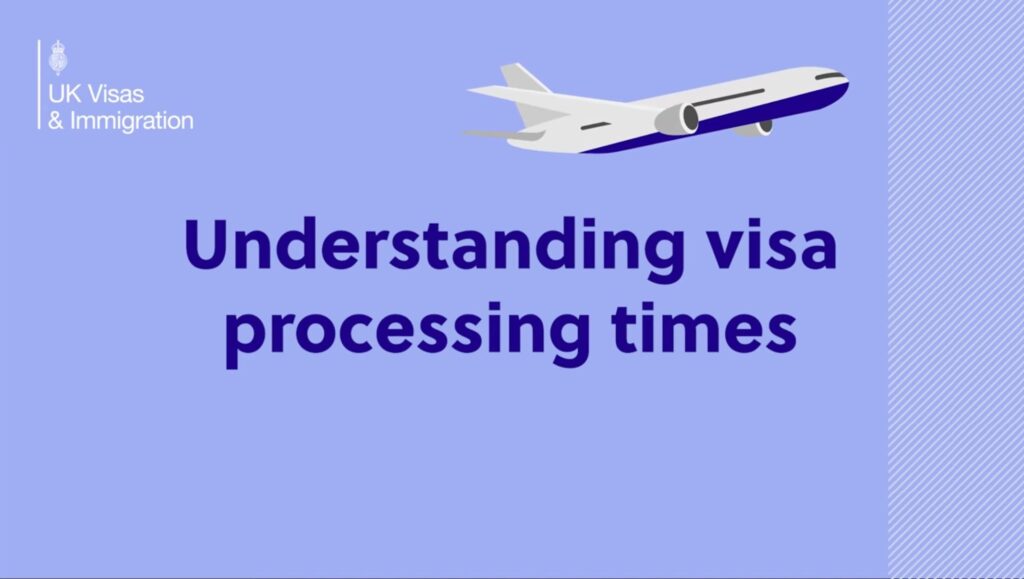Could the UK reintroduce a cap on Skilled Workers?
Who still remembers Theresa May’s government in 2010 announcing a cap of 21,700 on the number of skilled workers from outside the European Economic Area allowed into the UK? Well, it seems the idea of a ‘cap’ might be back in fashion.

According to an article in The Telegraph, Yvette Cooper, the Home Secretary, has asked a panel of experts to consider the merits of introducing a cap on overseas workers in order to reshape the landscape of skilled migration and workforce development in the UK. A key Labour strategy centres on encouraging employers to invest in training UK workers before hiring from abroad. By restricting access to certain overseas workers, they hope UK businesses will have no choice but to heed this requirement.
The plans were revealed by Professor Brian Bell, chair of the Migration Advisory Committee (MAC), in his interview with The Telegraph. He confirmed that the government is exploring a “training-first” policy. Under this framework, firms wishing to employ skilled foreign workers would need to demonstrate clear, realistic plans for training and up-skilling local staff. Only if these plans are deemed satisfactory and sufficiently ambitious would an employer be granted permission to recruit from overseas.
The Labour Market Evidence Group (LMEG) has been established by the government. Its task is to improve understanding of sectors overly reliant on overseas labour and to address under investment in domestic skills. Led by Professor Bell, the LMEG will spend the next year reviewing which roles should qualify for skilled migration, prioritising those aligned with the UK’s industrial strategy and demonstrating proven shortages. Ultimately, companies that fail to submit “sensible” domestic training plans could lose their right to recruit skilled migrants.
Recent immigration reforms
Skilled worker policy changes introduced last month mean that migrants can now only obtain UK jobs if they are graduate-level or above. As a result, over 120 occupation codes became ineligible to individuals making their first Skilled Worker application. The likelihood of these roles ever returning to the list is now very remote.
However, for occupations with long-term shortages below degree level, a new Temporary Shortage List was introduced on a time-limited basis. This list includes roles such as builders, plumbers, painters, and decorators. These roles are vital to Labour’s industrial strategy and therefore “currently” out of the firing line while the on-going LMEG review takes place.
To add further complexity, the Temporary Shortage List operates alongside the existing Immigration Salary List. The latter already identifies various occupations eligible for Skilled Worker visas. These are based on the MAC’s assessment of labour shortages and the rationale that offering a lower salary for these roles is justified. Notably, some roles appear on both lists, reflecting recognised sector shortages.
Professor Bell said: “There is potentially an argument that says not only should you have this new temporary shortage list, but you might also want to set an absolute cap on the number of workers who can come through that route. That’s feasible.”
He added: “Where we’ll be really unsympathetic is if a sector says ‘We’re going to train 10,000 bricklayers,’ but trains only 100. Then we’ll say, ‘Well, tough — you’re on your own now.’”
Higher salaries: Part of the solution?
Professor Bell also suggested that the government is considering introducing minimum salary thresholds in sectors facing worker shortages. Higher salary levels could incentivise employers to invest more in training British workers and offer better compensation to attract domestic talent.
If these additional reforms are introduced, it would signal a significant shift in the landscape for many UK employers who sponsor overseas workers. Companies would have little choice but to review their pay structures to ensure they meet or exceed the new thresholds. This in turn, the government hopes, would make the roles more attractive to UK-based candidates.
The LMEG will take some time to deliver its findings to the government. That said, employers should be in no doubt that an emphasis on domestic training will, in future, be strongly linked to many roles currently being filled by overseas talent.
A better way to manage global immigration
Smith Stone Walters is now part of Envoy Global. With a presence in over 15 countries and capabilities worldwide, Envoy Global delivers a complete range of immigration services.
To find out more about the enhanced level of global immigration services available to your business, please contact us today.















